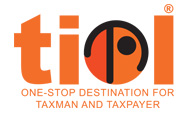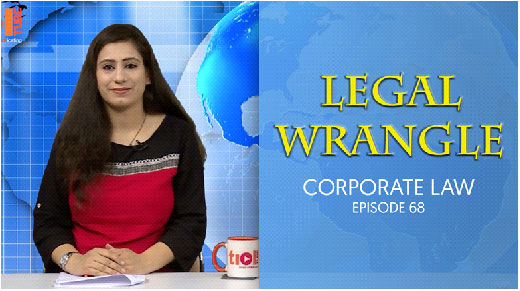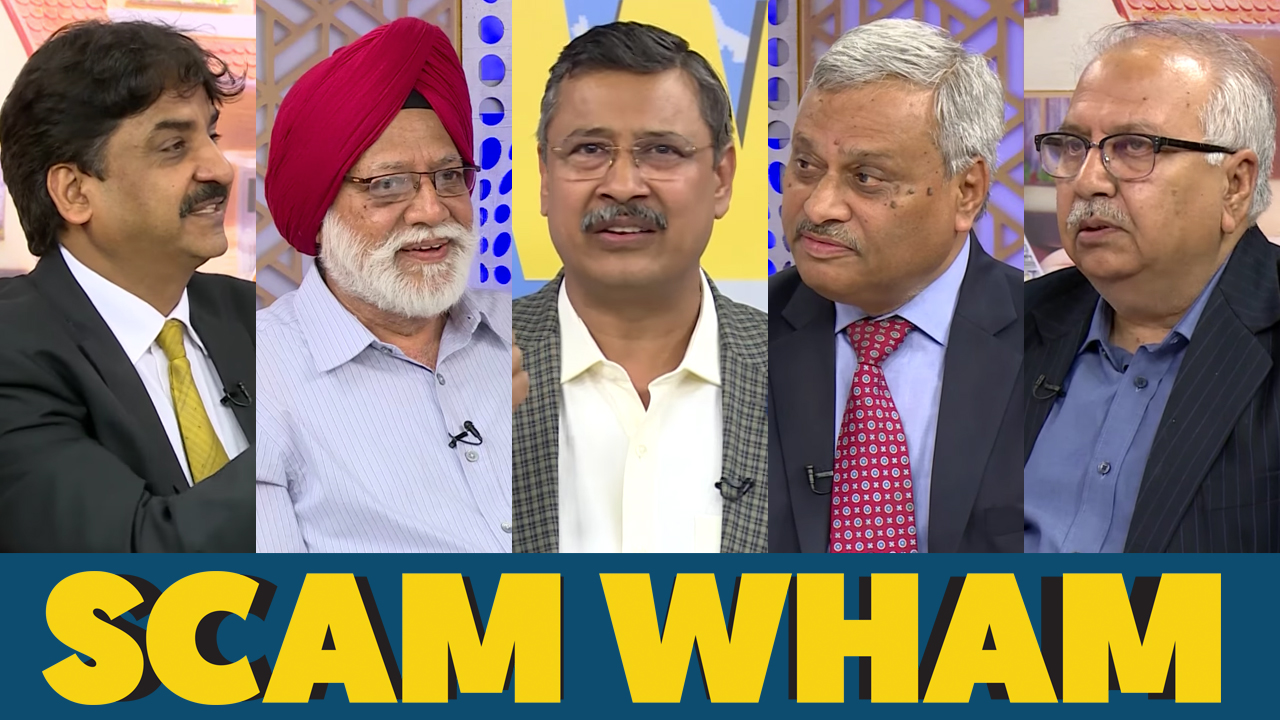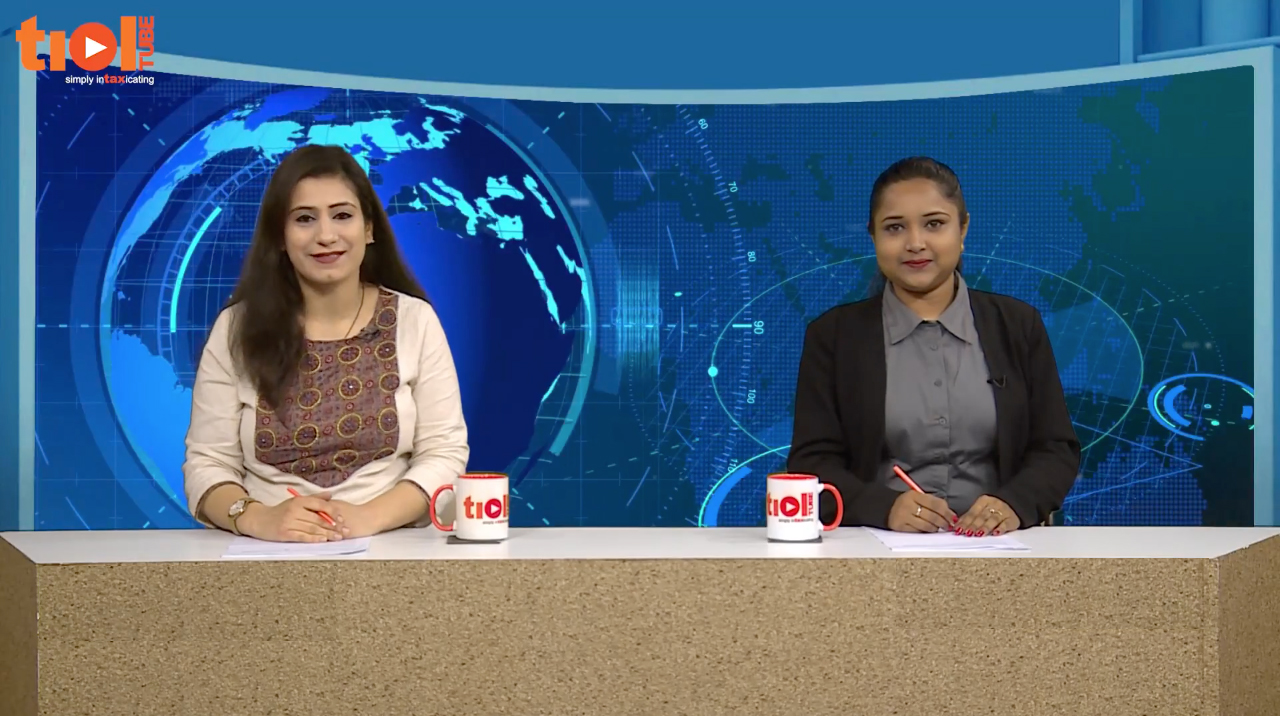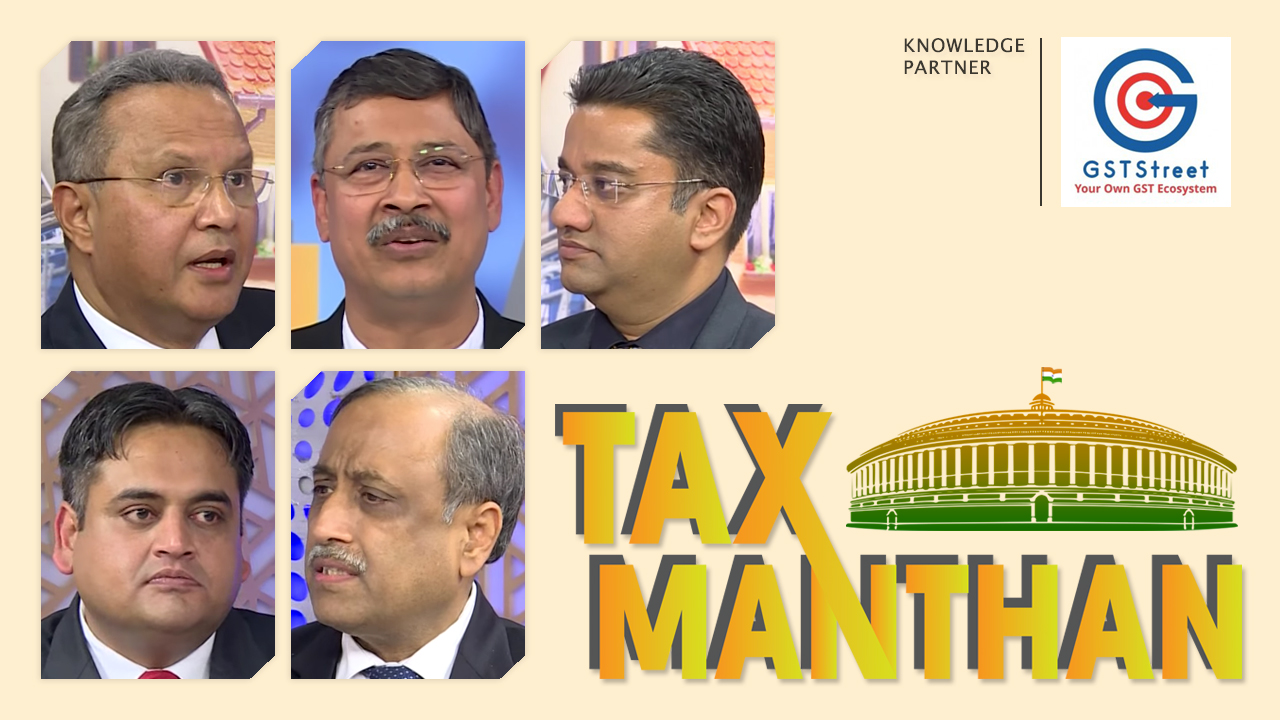|
SERVICE TAX SECTION
2018-TIOL-788-CESTAT-HYD
GVK Power And Infrastructure Ltd Vs CCE
ST - Assessee engaged in operations and maintenance of power plants, as per the agreements entered with GVK industries Ltd., at various locations - Assessee has agreed to operate the power plants and produce electricity, which is either wheeled out to the grid and received by said GVK Industries Ltd., or used for captive consumption - According to revenue authorities, assessee by receiving compensation as agreed for maintaining and repairing the power plants, is taxable under category of "maintenance or repair services" - On perusal of contract, it indicates the amounts which are received by assessee as consideration, are for running of the power plant and not only for maintenance and repair charges - The agreement is for operation of power plant for 24 x 7 in pursuance of such agreement, assessee prepares a detailed plan as to how to conduct maintenance of power plant, repairs of various machinery and submits the plan to the power plant owners, in order to, give them advance intimation of the planned shutdown of the power plant - Similar issue came up before this Bench in the case of CLP Power India Ltd., 2012-TIOL-1136-CESTAT-MUM wherein the Bench after referring to various case laws and producing excerpts from them, concluded operation of power plant is not taxable under maintenance and repair services: CESTAT - Appeals allowed: HYDERABAD CESTAT
2018-TIOL-787-CESTAT-AHM
Vodafone Mobile Services Ltd Vs CCE & ST
ST - Assessee is in appeal against impugned order wherein Cenvat credit taken on capital goods sought to be denied in terms of Rule 3(5) of CCR, 2004 on transfer of capital goods to their sister unit - Issue is to be decided whether in terms of Rule 3(5) of CCR, 2004 the capital goods are required to be physically removed or mere transfer can be said that goods have been removed - The said issue has been examined by Apex Court in case of J.K. Spinning and Weaving Mills Limited 2002-TIOL-559-SC-CX-LB - As per said decision of Apex Court, for the goods are required to be physically removed, in Cenvat Credit Rules or in Central Excise Act, nowhere "removal" has been defined - Therefore, verdict of Apex Court is binding on Tribunal - As the goods have been transferred to their sister unit, in that circumstance, it is a Revenue neutrality situation - In that circumstance also, assessee is not required to reverse the Cenvat credit - On limitation also, as there were divergent views of various High Courts during relevant period, SCN cannot be issued by invoking extended period of limitation - Although the knowledge of non reversal of Cenvat credit came in knowledge of department after one year of availment of Cenvat credit, in that circumstance also, from the date of knowledge, within one year, the Revenue was required to issue SCN, as there were divergent views on the subject - Therefore on limitation also, the appeal succeeds: CESTAT - Appeal allowed: AHMEDABAD CESTAT
CENTRAL EXCISE SECTION
2018-TIOL-414-HC-MAD-CX Rane Trw Steering System Ltd Vs CCE & Central Tax
CX - Input Service - Rule 2(l) of CCR, 2004 - period covered is between February 2014 to January 2015 & November 2014 and October 2015 respectively - Not agreeing with the assessee, CESTAT, Madras - 2017-TIOL-2123-CESTAT-MAD, confirmed the decision of both the adjudicating and appellate authorities, holding that garden maintenance service, will not fall within the purview of Input Service, and thus, confirmed the tax liability, however, penalty set aside - Assessee in appeal before High Court.
Held: When Rule 2 (l) of the CENVAT Credit Rules also uses the words "includes", there is no ambiguity that such inclusive definition has to be interpreted as, "which may or may not fall within the main provision" - All the input services used in relation to modernisation, renovation or repairs of a factory, advertisement or sales promotion, security, legal services, etc., are included in the inclusive definition of input services - Requirement of 25% of the green belt is mandatory, for the very purpose of existence and consequently, manufacture of the final product - It is not only the process of manufacture which results in the production of excisable goods, attracting duty, but the input services which are integrally connected with the manufacture of such final products, should also be considered, so as to give effect to the inclusive definition of input services - Such input services may not in all cases, be in or in relation to manufacture of the final product, but they may be ‘integrally' connected and that there should be nexus with manufacture - word "integral" means, forming an essential part of something and needed to make it complete - Held that the garden maintenance service would fall within the definition of "input service", in terms of Rule 2 (l) of the Cenvat Credit Rules, 2004 and consequently Tribunal was not right in denying input service credit availed on garden maintenance service - Substantial questions of law are answered in favour of the assessee - Civil Miscellaneous appeals allowed: High Court [para 28, 64, 69, 70] - Appeals allowed: MADRAS HIGH COURT
2018-TIOL-413-HC-MUM-CX
CCE Vs Prakash Foods Ltd
CX - A SCN was issued to the respondents calling upon them to show cause as to why the credit taken on the inputs and capital goods should not be denied on the ground that the same have been used in the manufacture of final products which were wholly exempted from duty in terms of Notification No.115/75 - It was the case of the appellant Revenue that the fixed vegetable oils account for approximately 99% of the total production and all other byproducts account for remaining 1% - It was alleged that even though the byproducts which account for 1% are exempted, the respondents have not availed the exemption and opted to pay duty on those products - The respondents availed Modvat credit on inputs and capital goods used for the manufacture of final products and utilized the same for payment of duty on the byproducts – Demand confirmed by original authority but in appeal, the Tribunal held that if the assessee has chosen to pay duty in respect of exempted goods, he cannot be denied the benefit of the Modvat credit inasmuch as the entire exercise was revenue neutral – Revenue in appeal before High Court.
Held: No reasons have been assigned by the CESTAT for coming to the conclusion that entire exercise was revenue neutral - None of the specific findings of fact recorded by the Commissioner have been dealt with by the CESTAT – High Court views that when the CESTAT was the final Court of fact, the same ought to have dealt with the findings recorded by the Commissioner and ought to have recorded findings one way or the other – As there is complete absence of findings of fact, the Tribunal has not done its duty – High Court has no option but to remand the matter for fresh consideration to CESTAT: High Court [para 11, 12] - Matter remanded: BOMBAY HIGH COURT
2018-TIOL-786-CESTAT-MAD
Pepsico I Holdings Pvt Ltd Vs CCE
CX - Assessee engaged in manufacture of aerated water, beverages and fruit pulp based drinks - They are availing Cenvat credit on inputs/input services - During verification of records, it was noticed that for the period from 12/2012 to 3/2014, assessee have not reversed the correct amount of credit as required under Rule 6 (3A) of CCR, 2004 - Trading is deemed to be an exempted service as per the explanation introduced w.e.f. 1.4.2011 to the definition of 'exempted service' - Assessee is using input services exclusively for dutiable goods and are availing entire credit on such input services - They are also availing certain other input services which are used commonly for manufacture of dutiable goods and trading services - They are not maintaining separate accounts - Assessee has sought to be outside the purview of Rule 6 for input services used exclusively for dutiable goods, and then seeks to apply the formula prescribed in sub-rule (3A) in respect of common input services used for dutiable and exempted service (trading) - In sub clause (iii) of Rule 6 (3A) (c), it is stated that 'P' denotes total Cenvat credit taken on input services during the financial year - There is no ambiguity in words or in formula prescribed therein - The rule uses the words total credit on input services and the same cannot be stretched to read as total common credit on input services - Tribunal in case of Thyssenkrupp Industries (I) Pvt. Ltd. 2014-TIOL-1825-CESTAT-MUM, though a stay order has discussed the very same issue and observed that 'P' denotes total credit and not total common credit - When law prescribes a formula and explains the indications of formula, no indentment is to be allowed in these indications, as it will distort the formula itself: CESTAT - Appeals dismissed: CHENNAI CESTAT
2018-TIOL-785-CESTAT-DEL
TGL Enterprises Pvt Ltd Vs PR CCE
CX - Assessee engaged in supply of various bought-out electrical items and accessories to various nodal agencies to provide electricity connection to below poverty line (BPL) households - They procured these items from various parties and supplied them to these nodal agencies in various combinations (BPL Kit) - Revenue views that assessee is liable to Central Excise Duty on such BPL kits cleared by them to their clients - Revenue seeks to classify the product cleared by assessee under tariff heading 85371000 - Various types of items in different combinations cleared by assessee were perused - Samples were shown at the time of hearing - Assessee did not undertake any process in form of assembling the electrical components and accessories which will result in a new identifiable product having a different character or use - The electrical components or switches are mounted on board before clearance - The goods cleared by assessee were generically called as 'BPL Kit' - It is apparent that the method of clearance is mandated by terms of agreement with their clients - There is no 'BPL Kit' commercially known and marketed - The clearances made by assessee to the various clients as per their requirement are not any new manufactured product, commercially identifiable as 'BPL Kit' - Assessee have not manufactured any dutiable item attracting central excise levy during material time: CESTAT - Assessee's appeal allowed: DELHI CESTAT
2018-TIOL-784-CESTAT-DEL
Rohit Surfactant Pvt Ltd Vs CCE & ST
CX - Assessee is in appeal against impugned order wherein Cenvat credit on services viz. group insurance, outdoor catering service and club membership & travel agent service has been denied to assessee on the premise that these services are not input service as per Rule 2(l) of CCR, 2004 - On going through the definition of Rule 2(l) of CCR, 2004, it is found that the exclusion clause is for personal use of employee - But nowhere it is coming out from the facts of case that these services has been availed by assessee for their employee's personal use - Moreover, assessee is under statutory obligation to provide group insurance scheme and outdoor catering in their factory for providing outdoor canteen service - Therefore, said services do not qualify under exclusion clause of Rule 2(l) and on these services, assessee is entitled to avail Cenvat credit.
With regard to air travel agent service, said services has been availed by officials of assessee for purchase and sale of their goods with regard to their business - Without these services, assessee cannot manufacture or sell their goods - In that circumstances, on this service, assessee is entitled to avail Cenvat Credit in terms of Rule 2 (l) of CCR, 2004 - With regard to club membership service, the amount is meagre and assessee is not contesting the same - Therefore, on that service, Cenvat credit is denied: CESTAT - Appeal partly allowed: DELHI CESTAT
CUSTOMS SECTION
2018-TIOL-783-CESTAT-AHM
CC Vs Essar Oil Ltd
Cus - Assessee filed a refund claim with authorities as an amount paid in excess when Bills of Entry were assessed - While claiming refunds, assessee had filed Chartered Accountants certificate alongwith details as to why they are claiming refund claim - Adjudicating Authority has accepted the fact that refund claim is filed by assessee is correct in so far as quantum is concerned as it is arising out of finalization of Bills of Entry - Adjudicating Authority has tried to analyze the balance sheet independently and came to a conclusion that the amounts are not shown receivable which seems to be incorrect as that the Adjudicating Authority has not rejected the CA certificate - At the same time, on plain reading of CA certificate, it is noticed that said CA specifically records that based on examination of books of accounts of assessee, they have come to a conclusion that the amount of refund claim in case in hand has been shown as amount receivables - First Appellate Authority was correct in setting aside the OIO - The impugned order is upheld: CESTAT - Appeal rejected: AHMEDABAD CESTAT
2018-TIOL-782-CESTAT-DEL
Falcon India Vs CC
Cus - the appellant is a Customs broker engaged in processing import & export of goods - The appellant filed Bills of Entry for SS vacuum bottles, flasks of different types and sizes - Assessment was done based on MRP affixed - On enquiry, the Department alleged that the MRP of the subject goods was incorrect, resulting in some short-payment of duty - The Department alleged contravention of Regulation 11(d) of the CBLR, 2013 by the appellant - Thereby, penalty was imposed -
Held - Regarding the limitation for CBLR proceedings, there is no offence report received by the licensing authority prior to issue of SCN by the DRI - Date of detection of offence by the DRI is not offence report as per CBLR - Hence no breach of limitation of time limit - Regarding penalty, allegation w.r.t. connivance with the importer regarding non-adherence of MRP labeling is not established - Other serious offences alleged also were not established - Regarding the appellant's claim that the original authority went beyond the scope of the allegations, the provisions of Regulation 11(d) are very generic & some of the acts of the appellant did violate such obligation - The original authority is competent enough to adjudicate upon all violations under Regulation 11(d) - The order warrants no interference: CESTAT (Para 1,2,3,10,11,12) - Appeal Dismissed: DELHI CESTAT
|
|

